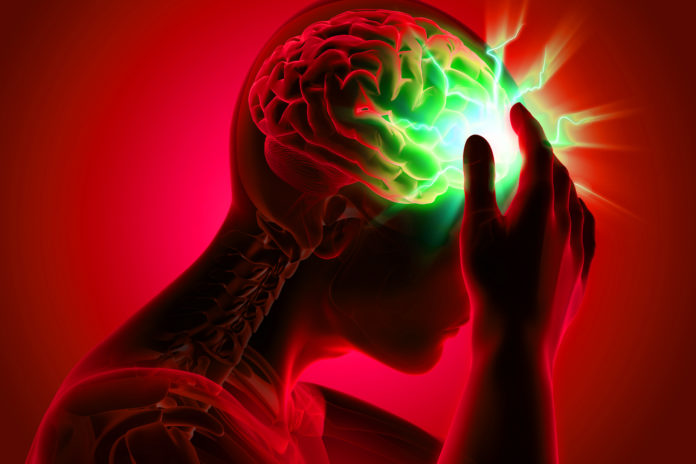It can save crucial time in case of a stroke, can be a life-saver in a manpower starved country like India
A new study has shown that artificial intelligence can screen CT scans in 1.2 seconds. Reading a CT scan correctly and swiftly to make a diagnosis can mean the difference between life and death in case of a stroke.
The study was conducted at the Icahn School of Medicine at Mount Sinai and published today in the journal Nature Medicine.
The study’s findings could lay the framework for use of artificial intelligence in reporting of radiological imaging. An artificial intelligence platform has shown to identify neurological disease in CT scans in 1.2 seconds, faster than human diagnosis.
“With a total processing and interpretation time of 1.2 seconds, such a triage system can alert physicians to a critical finding that may otherwise remain in a queue for minutes to hours,” says senior author Eric Oermann, MD, Instructor in the Department of Neurosurgery at the Icahn School of Medicine at Mount Sinai.
He added: “We’re executing on the vision to develop artificial intelligence in medicine that will solve clinical problems and improve patient care.”
This study utilized artificial intelligence for detection of wide range of acute neurologic events like acute stroke, haemorrhage, hydrocephalus
This study utilized artificial intelligence for detection of wide range of acute neurological events like acute stroke, haemorrhage and hydrocephalus. Researchers used 37,236 head CT scans to train a deep neural network to identify whether an image contained critical or non-critical findings.
The platform was then tested in a blinded, randomized controlled trial in a simulated clinical environment where it triaged head CT scans based on severity. The computer software was tested for how quickly it could recognize and provide notification versus the time it took a radiologist to notice a disease.
The average time for the computer algorithm to preprocess an image, run its inference method, and, if necessary, raise an alarm was 150 times shorter than for physicians to read the image.
This study used “weakly supervised learning approaches,” which built on the research team’s expertise in natural language processing and the Mount Sinai Health System’s large clinical datasets.
“The expression ‘time is brain’ signifies that rapid response is critical in the treatment of acute neurological illnesses, so any tools that decrease time to diagnosis may lead to improved patient outcomes,” says study co-author Joshua Bederson, MD, Professor and System Chair for the Department of Neurosurgery at Mount Sinai Health System and Clinical Director of the Neurosurgery Simulation Core.
Artificial intelligence could be a boon for manpower starved countries like India to increase reach of accurate imaging facilities to deliver timely diagnosis.
“The application of deep learning and computer vision techniques to radiological imaging is a clear imperative for 21st century medical care,” says study author Burton Drayer, MD, the Charles M. and Marilyn Newman Professor and System Chair of the Department of Radiology for the Mount Sinai Health System, CEO of the Mount Sinai Doctors Faculty Practice, and Dean for Clinical Affairs of the Icahn School of Medicine.



[…] A new study has shown that artificial intelligence can screen CT scans in 1.2 seconds. Reading a CT scan correctly and swiftly to make a diagnosis can mean the difference between life and death in case of a stroke. The study was conducted at the Icahn School of Medicine at Mount Sinai and published today in the journal Nature Medicine. The study’s findings could lay the framework for use of artificial intelligence in reporting of radiological imaging. An artificial intelligence platform […] 1.2 seconds is all artificial intelligence takes to screen CT scans […]